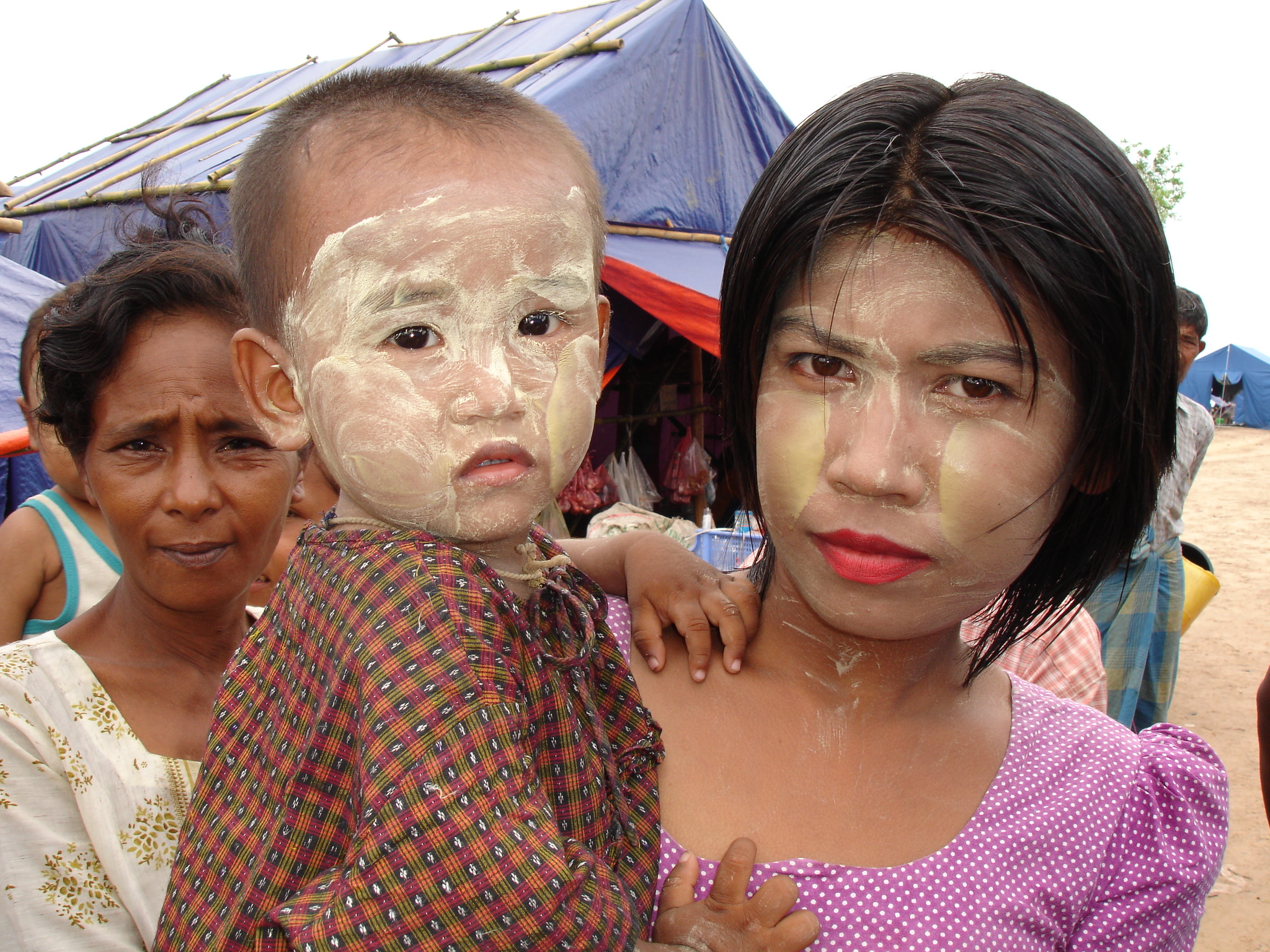Comprising three members each from the Myanmar government, Association of Southeast Asian Nations (ASEAN) and the UN, the TCG seeks to facilitate cooperation between Myanmar and the international community.
“The Periodic Review is an important report that offers extensive information on where we stand in order to meet the needs of the cyclone-affected people,” Bishow Parajuli, UN Resident and Humanitarian Coordinator, told IRIN in Yangon, the former Burmese capital, on 19 December.
The review analysed the status of more than 2,000 households across more than 100 communities in the affected area, including the Ayeyarwady and Yangon divisions.
Health, nutrition, food, water and sanitation, livelihood, shelter and education were covered. Cross-sectoral issues, such as vulnerability and protection, household socio-economic status, receipt of aid, gender and environment were also analysed.
The aim of the report is to identify areas for resource allocation and longer-term recovery programming, as well as informing policy-makers.
“It will help decision-makers on where to prioritise relief and recovery efforts seven months after the cyclone hit Myanmar,” Anish Roy, special representative of the ASEAN Secretary-General, told IRIN from Jakarta.
The review builds on the Village Track Assessment (VTA), one of the methodologies used in the Post Nargis Joint Assessment (PONJA), http://www.asean.org/21765.pdf] released in July, using multiple indicators and covering the delta region at community level.
Following the PONJA, viewed by many as the blueprint for the humanitarian response in the area, the review undertakes interim assessments over a 12-month period to document overall progress.
|
Photo: Lynn Maung/IRIN  |
| Restoring livelihoods will prove a key issue over the next year, the report say |
According to the TCG, despite significant progress in relief and recovery assistance to date, the relief stage is still not over and more assistance is needed, particularly in nutrition, food, and shelter.
“Although assistance is having an impact, more assistance is required, both for immediate relief items and for recovery assistance,” said Roy. “There are ongoing chronic problems which likely pre-dated the cyclone, and were now picked up by the assessment.”
Many people were still living in temporary shelter with plastic sheeting, while others were relying on food assistance, he said.
Others need medium-term help to re-establish their livelihoods, such as cash grants, and access to credit at reasonable rates, which would take time to organise, he added.
Cyclone Nargis left close to 140,000 people dead or missing when it hit Myanmar’s southern Ayeyarwady delta on 2 and 3 May, affecting 2.4 million people and leaving nearly half of them needing assistance.
contributor/mw
This article was produced by IRIN News while it was part of the United Nations Office for the Coordination of Humanitarian Affairs. Please send queries on copyright or liability to the UN. For more information: https://shop.un.org/rights-permissions





